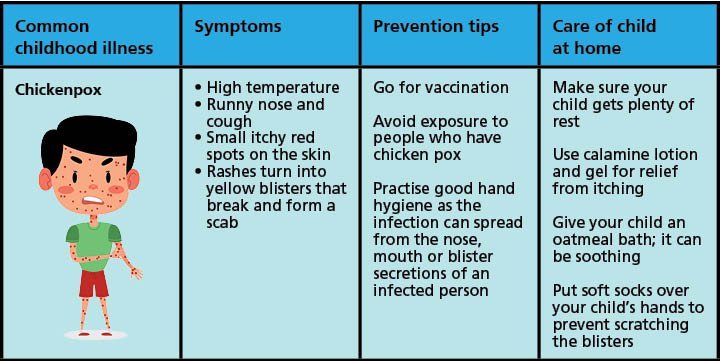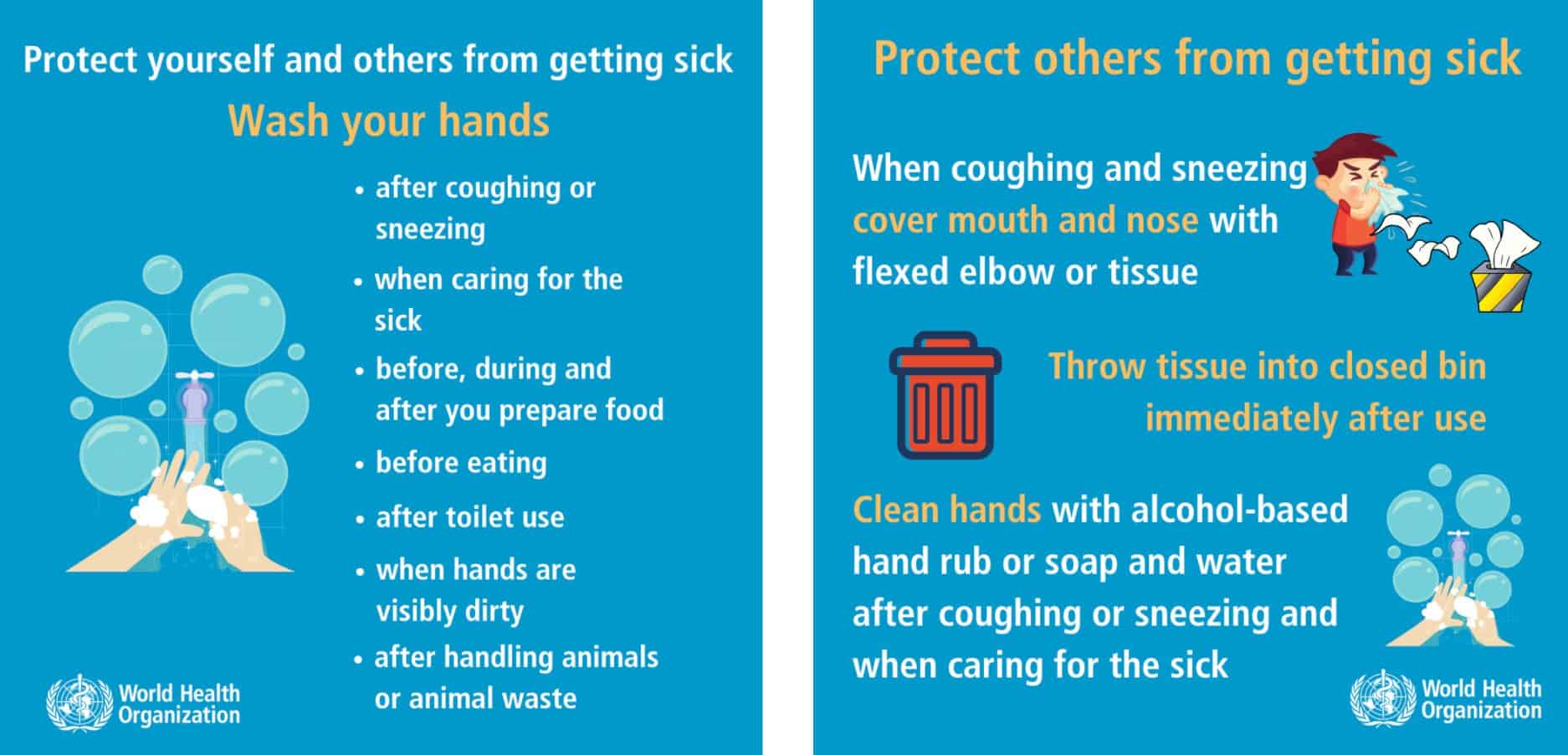The Power of Proactive Measures
Can you stop sickness before it starts? Absolutely! By focusing on proactive measures, you can significantly reduce the likelihood of falling ill. Preventative care is crucial for maintaining a strong immune system and overall wellness. A robust immune system is better equipped to fend off pathogens and reduce the severity of illnesses.
Self-care plays a vital role in immune health. By prioritizing self-care, you can create an environment that supports your immune system and overall well-being. This includes managing stress, getting adequate sleep, and incorporating regular exercise into your routine.
Stress management is essential for immune health. Chronic stress can weaken the immune system, making you more susceptible to illness. Implementing stress reduction techniques, such as meditation, deep breathing exercises, or engaging in hobbies, can help manage stress levels and support a healthy immune system.
Sleep quality is another critical factor in immune function. During sleep, your body repairs and regenerates tissues, builds bone and muscle, and strengthens the immune system. Aim for 7-9 hours of quality sleep each night to ensure your immune system remains in top shape. Additionally, maintaining a consistent sleep schedule can further support immune health.
Regular exercise is also beneficial for the immune system. Moderate exercise, such as brisk walking, cycling, or swimming, can help boost the immune system by increasing the production of white blood cells and promoting good circulation. This allows the cells and substances of the immune system to move through the body freely and do their job efficiently.
In conclusion, proactive measures such as stress management, quality sleep, and regular exercise can significantly contribute to a strong immune system and overall wellness. By focusing on these aspects of self-care, you can reduce the likelihood of falling ill and improve your ability to recover more quickly if you do get sick.
Understanding the Immune System
Can you stop sickness before it starts by understanding the immune system? The immune system is a complex network of cells, tissues, and organs that work together to defend the body against harmful pathogens. Its primary function is to recognize and destroy foreign substances, such as bacteria, viruses, and parasites, that can cause illness.
The immune system has two main components: the innate immune system and the adaptive immune system. The innate immune system provides a general defense against pathogens and is activated immediately upon detection. The adaptive immune system, on the other hand, is a more specialized defense that takes longer to activate but can remember past invaders, providing long-term immunity.
Several factors can weaken the immune system, making it more susceptible to illness. These factors include stress, poor nutrition, lack of sleep, and certain medical conditions. By understanding these factors, you can take proactive measures to support your immune system and reduce the risk of falling ill.
Supporting immune health as a preventative measure is crucial for overall wellness. A strong immune system can help you recover more quickly from illness and reduce the severity of symptoms. By focusing on maintaining a healthy lifestyle, practicing good hygiene, and minimizing exposure to illness-causing germs, you can significantly reduce the likelihood of falling ill.
In conclusion, understanding the immune system and its functions is essential for preventing illness before it starts. By taking proactive measures to support your immune system, you can reduce the risk of falling ill and improve your overall health and well-being.
Lifestyle Habits to Boost Immunity
Can you stop sickness before it starts by adopting healthy lifestyle habits? Absolutely! Lifestyle habits play a significant role in immune function. By focusing on improving sleep quality, managing stress, and incorporating regular exercise, you can significantly boost your immune system and overall wellness.
Improving sleep quality is essential for immune health. During sleep, your body repairs and regenerates tissues, builds bone and muscle, and strengthens the immune system. Aim for 7-9 hours of quality sleep each night to ensure your immune system remains in top shape. To improve sleep quality, establish a consistent sleep schedule, create a relaxing bedtime routine, and avoid screens and electronics before bedtime.
Managing stress is also crucial for immune function. Chronic stress can weaken the immune system, making you more susceptible to illness. Implementing stress reduction techniques, such as meditation, deep breathing exercises, or engaging in hobbies, can help manage stress levels and support a healthy immune system.
Regular exercise is beneficial for the immune system. Moderate exercise, such as brisk walking, cycling, or swimming, can help boost the immune system by increasing the production of white blood cells and promoting good circulation. This allows the cells and substances of the immune system to move through the body freely and do their job efficiently. Aim for at least 30 minutes of moderate exercise most days of the week to support a healthy immune system.
In conclusion, adopting healthy lifestyle habits can significantly contribute to a strong immune system and overall wellness. By focusing on improving sleep quality, managing stress, and incorporating regular exercise, you can reduce the likelihood of falling ill and improve your ability to recover more quickly if you do get sick.
Nutrition for Immune Support
Can you stop sickness before it starts through proper nutrition? Absolutely! Nutrition plays a vital role in immune health. By focusing on key vitamins and minerals that support immune function and incorporating foods rich in these nutrients into your diet, you can significantly boost your immune system and overall wellness.
Key vitamins and minerals that support immune function include vitamin C, vitamin D, vitamin A, and zinc. Vitamin C is essential for the production of white blood cells, the body’s primary defense against pathogens. Foods rich in vitamin C include citrus fruits, strawberries, bell peppers, and broccoli. Vitamin D is crucial for immune function, and deficiencies in vitamin D have been linked to an increased risk of illness. Foods rich in vitamin D include fatty fish, fortified milk, and egg yolks. Vitamin A is essential for maintaining the health of the mucous membranes that line the respiratory and digestive tracts, providing a barrier against pathogens. Foods rich in vitamin A include sweet potatoes, carrots, and spinach. Zinc is essential for immune function, and deficiencies in zinc have been linked to an increased risk of illness. Foods rich in zinc include oysters, beef, and chicken.
Incorporating these foods into your diet can help support a healthy immune system. Additionally, consuming a variety of fruits, vegetables, whole grains, lean proteins, and healthy fats can provide a broad range of nutrients that support immune function. Aim for a balanced diet that includes a variety of these foods to ensure you are getting all the nutrients your immune system needs to function optimally.
In conclusion, proper nutrition plays a crucial role in preventing illness before it starts. By focusing on key vitamins and minerals that support immune function and incorporating foods rich in these nutrients into your diet, you can significantly boost your immune system and overall wellness.
Supplements for Immune Health
Can you stop sickness before it starts with the help of supplements? While maintaining a healthy lifestyle and proper nutrition are crucial for immune health, supplements can provide additional support. Popular supplements for immune support include vitamin C, zinc, and echinacea. However, it’s essential to evaluate the evidence for these supplements and provide recommendations for their use.
Vitamin C is a powerful antioxidant that can support immune function. It is essential for the production of white blood cells and can help protect cells from damage caused by free radicals. While vitamin C can be obtained through a healthy diet, supplements can provide additional support. The recommended dosage for vitamin C supplements is 250-500mg per day. However, it’s important to note that excessive vitamin C intake can lead to diarrhea and stomach cramps.
Zinc is an essential mineral that supports immune function. It is crucial for the development and function of immune cells, and deficiencies in zinc have been linked to an increased risk of illness. Zinc supplements can provide additional support for immune health. The recommended dosage for zinc supplements is 15-30mg per day. However, excessive zinc intake can lead to nausea, vomiting, and diarrhea.
Echinacea is a popular herbal supplement for immune support. It is believed to stimulate the immune system and reduce inflammation. However, the evidence for echinacea is mixed, and its effectiveness for preventing illness is unclear. If you choose to use echinacea supplements, the recommended dosage is 300-500mg per day. However, it’s important to note that echinacea can interact with certain medications and may not be suitable for everyone.
In conclusion, while maintaining a healthy lifestyle and proper nutrition are crucial for immune health, supplements can provide additional support. Popular supplements for immune support include vitamin C, zinc, and echinacea. However, it’s essential to evaluate the evidence for these supplements and provide recommendations for their use. As with any supplement, it’s important to consult with a healthcare professional before use to ensure safety and effectiveness.
Hygiene Practices to Prevent Illness
Can you stop sickness before it starts by practicing good hygiene? Absolutely! Good hygiene practices are essential for preventing the spread of illness and supporting a healthy immune system. By following these tips, you can significantly reduce your risk of falling ill.
First and foremost, wash your hands regularly with soap and warm water for at least 20 seconds. This is especially important before eating, after using the restroom, and after touching public surfaces. If soap and water are not available, use a hand sanitizer that contains at least 60% alcohol. Additionally, avoid touching your face, particularly your eyes, nose, and mouth, as this can introduce germs into your system.
Coughing and sneezing etiquette is also crucial for preventing the spread of illness. When coughing or sneezing, cover your mouth and nose with a tissue or your elbow to prevent the spread of germs. Immediately dispose of used tissues and wash your hands or use hand sanitizer. Avoid coughing or sneezing into your hands, as this can transfer germs to surfaces and other people.
Finally, regularly clean and disinfect surfaces in your home and workplace. This includes doorknobs, light switches, keyboards, and phones. Regular cleaning can help remove germs and prevent the spread of illness. Use a disinfectant that is effective against a broad range of germs, and follow the manufacturer’s instructions for use.
In conclusion, practicing good hygiene is essential for preventing the spread of illness and supporting a healthy immune system. By washing your hands regularly, practicing coughing and sneezing etiquette, and regularly cleaning and disinfecting surfaces, you can significantly reduce your risk of falling ill.
Managing Exposure to Illness
Can you stop sickness before it starts by managing your exposure to illness-causing germs? Absolutely! By taking proactive measures to avoid crowded places, maintain social distancing, and manage travel during cold and flu season, you can significantly reduce your risk of falling ill.
First and foremost, avoid crowded places whenever possible. This includes public transportation, concerts, and sporting events. If you must be in a crowded place, wear a mask and practice good hygiene habits, such as washing your hands regularly and avoiding touching your face.
Maintaining social distancing is also crucial for minimizing your exposure to illness-causing germs. This means avoiding close contact with people who are sick and maintaining a distance of at least six feet from others in public places. If you are sick, stay home to avoid spreading germs to others.
Managing travel during cold and flu season can be challenging, but there are steps you can take to reduce your risk of falling ill. First, get vaccinated against the flu before traveling. This can help protect you from the most common strains of the virus. Additionally, wash your hands regularly, avoid touching your face, and carry hand sanitizer with you for use when soap and water are not available.
Finally, consider using technology to minimize your exposure to illness-causing germs. For example, consider using teleconferencing instead of attending in-person meetings, and order groceries and other essentials online for delivery or curbside pickup.
In conclusion, managing your exposure to illness-causing germs is essential for preventing sickness before it starts. By avoiding crowded places, maintaining social distancing, managing travel during cold and flu season, and using technology to minimize exposure, you can significantly reduce your risk of falling ill.
Creating a Healthy Environment
Can you stop sickness before it starts by creating a healthy environment? Absolutely! By improving indoor air quality, managing mold and allergens, and reducing exposure to toxins, you can significantly reduce your risk of falling ill.
Indoor air quality is a crucial factor in immune health. Poor air quality can lead to respiratory issues, allergies, and other health problems. To improve indoor air quality, consider using an air purifier, opening windows regularly to allow for fresh air circulation, and avoiding harsh chemicals and fragrances. Additionally, consider investing in houseplants, which can help purify the air and create a healthier environment.
Managing mold and allergens is also essential for maintaining a healthy environment. Mold and allergens can trigger allergies and other respiratory issues, leading to illness. To manage mold and allergens, keep your home clean and dry, use a dehumidifier in damp areas, and consider using allergen-proof bedding and pillows. Additionally, consider using a high-efficiency particulate air (HEPA) filter to remove allergens from the air.
Reducing exposure to toxins is also crucial for maintaining a healthy environment. Toxins can come from a variety of sources, including cleaning products, personal care products, and building materials. To reduce exposure to toxins, consider using natural cleaning products, choosing personal care products with minimal ingredients, and ensuring proper ventilation when using products that emit fumes.
In conclusion, creating a healthy environment is essential for preventing sickness before it starts. By improving indoor air quality, managing mold and allergens, and reducing exposure to toxins, you can significantly reduce your risk of falling ill. Consider implementing these strategies to create a healthier environment for yourself and your family.








